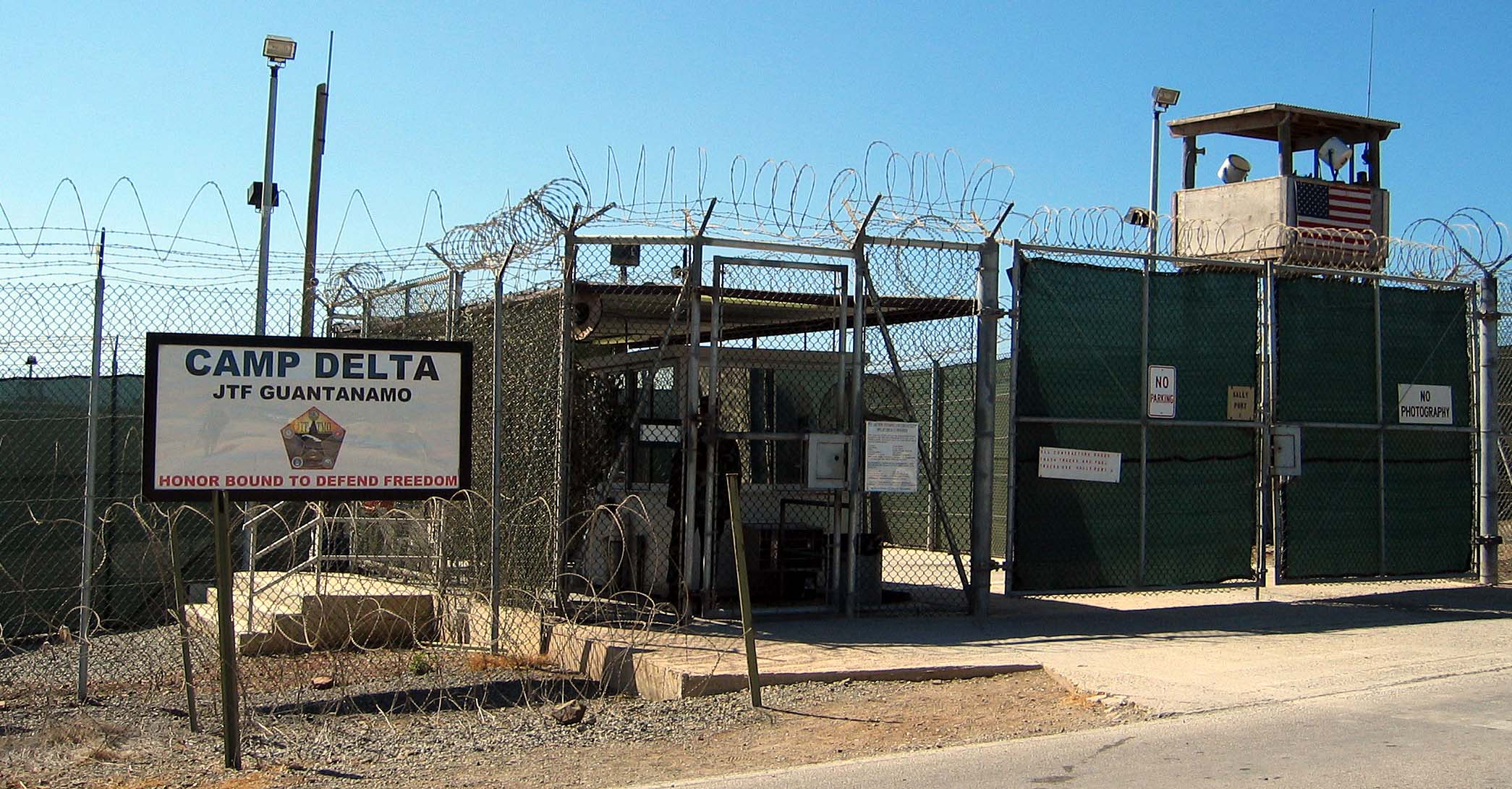The debate over whether to keep Guantanamo Bay open has reignited in recent weeks, with several presidential candidates weighing in on the issue and President Obama recently reaffirming his desire to close the prison.
Closing Guantanamo has been one of Obama’s prerogatives for some time now, but with a Republican-controlled Congress, there is little chance of such action being taken. However, with elections coming up in November and a revitalized debate on the issue, it is important to consider the implications of closing down the highly secure detention facility. It is with little hesitation that I believe that the United States should continue operating the prison at Guantanamo Bay and that closing it would carry adverse implications.
Guantanamo Bay was opened in 2002 to detain many individuals who prove most dangerous to the security of the United States. The opening of the facility was in large part a reaction to the events of Sept. 11, which shifted significant attention to national security and the prevention of future terrorist attacks. However, reports of torture and human-rights violations — though not proven — have been brought to the attention of the United Nations, the U.S. Defense Department and even the Supreme Court.
Such instances and reports have caused many to question the ethical justification of keeping the prison open, and many have since called for its closure. However, these critics don’t understand the implications of such an action, as the benefits of keeping the facility open far outweigh the costs of closing it.
Prisoners held in Guantanamo Bay are there because they are proven enemies of the state who are ideologically committed to harming the American people. These types of people are not meant for regular domestic prisons; rather, they deserve to be subjected to the high security and isolation of Guantanamo Bay. The guards are especially highly trained, and its resources and location make escape virtually impossible, which I think everyone can agree should be the case for such dangerous detainees. Though initial complaints about the judicial procedures given to the detainees might have been somewhat justified, Obama’s reauthorization of the military commission process has greatly improved detainees’ ability to receive fair and equal trials. It is thus evident that Guantanamo Bay provides one of the most effective methods for detaining such threatening prisoners and that initial concerns over the legality of their detainment have been significantly addressed and improved.
The downsides of closing Guantanamo Bay are also clear. For one, the United States has poured a substantial amount of money into building and expanding the prison. Not only has this money already been spent, but it also has provided many resources for the prisoners, such as a library, gyms and other athletic facilities. It is evident that not only has a significant amount of money already been put toward expanding the facility, but such expansions also are actually intended to improve the well-being of the prisoners.
In addition, the costs of relocating these prisoners to either a new or pre-existing prison would be extraordinary. If the government chose to relocate these prisoners into existing prisons, not only would they be put in much less secure facilities, but they also would add to the burden of the already-struggling domestic prison system we have today. If the government decided to build a new prison altogether, the financial implications of such actions would be incredibly negative.
Guantanamo Bay might be a distant reminder of the abuses of the George W. Bush administration, but at the end of the day, the prison to date fulfills its goal of providing security for America through the detainment of some of its most dangerous enemies. As a result, Guantanamo Bay should remain open to continue its mission of securing our country, its people and its interests.
Kyle Campbell is a sophomore government and politics major. He can be reached at kcampbelldbk@gmail.com.



